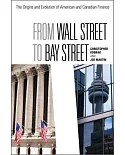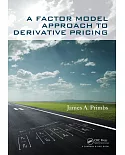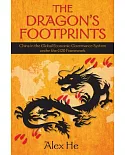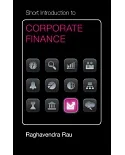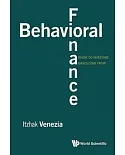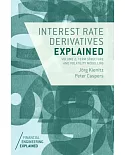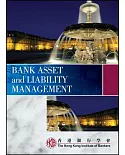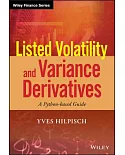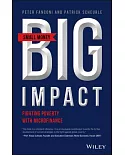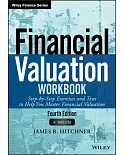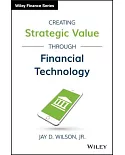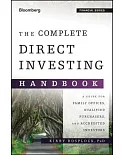Since the turn of the millennium, the British media has been awash with stories of bankers and financiers caught engaging in acts of corporate wrongdoing and financial skullduggery. But just
how different are these crimes to those committed in the past? And, is the threat of financial fraud greater today than in bygone years?
In this book, Matthew Hollow begins answering these questions by providing an in-depth historical overview of some of the most significant frauds that took place in the British financial
sector between 1919 and 1939. Using extensive archival evidence, he reveals the variety of tactics that were employed by interwar fraudsters to conceal their underhand transactions and dupe
the British public into handing over their money. He goes on to explore the different factors that motivated these fraudsters — many of whom had previously had blemish-free records — to
engage in these acts of deception and deceit.
Rogue Banking is a unique resource for history and finance researchers and students, both in the UK and around the world, who are interested in questions relating to corporate fraud and
white-collar crime. This book’s interdisciplinary approach also makes it an accessible and informative tool for professionals in accountancy, management and criminology.


